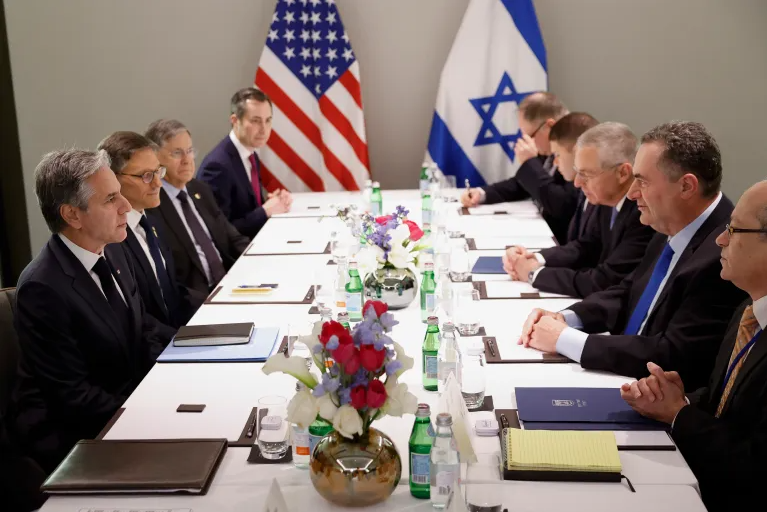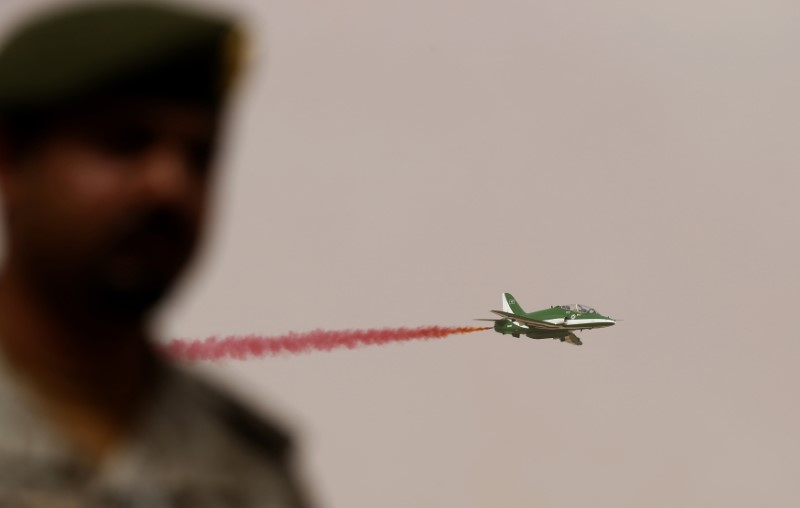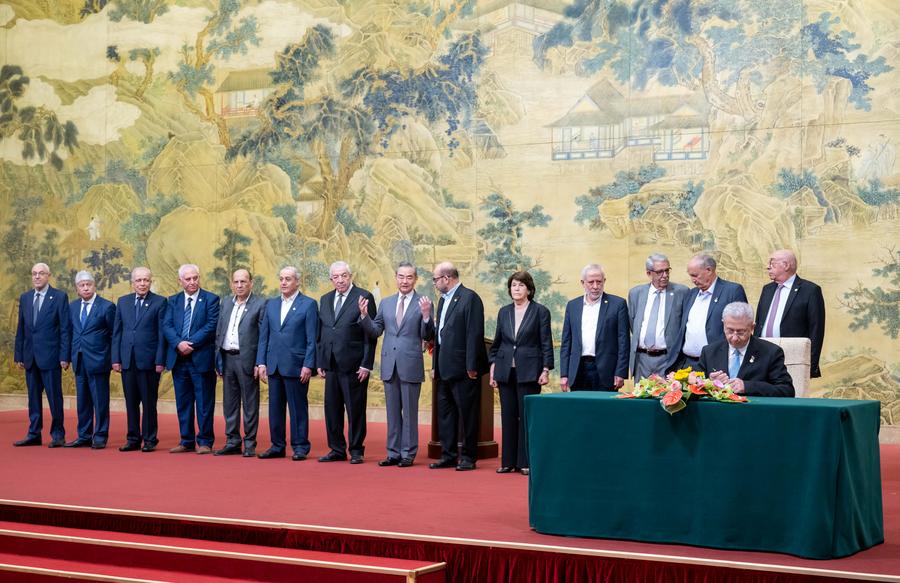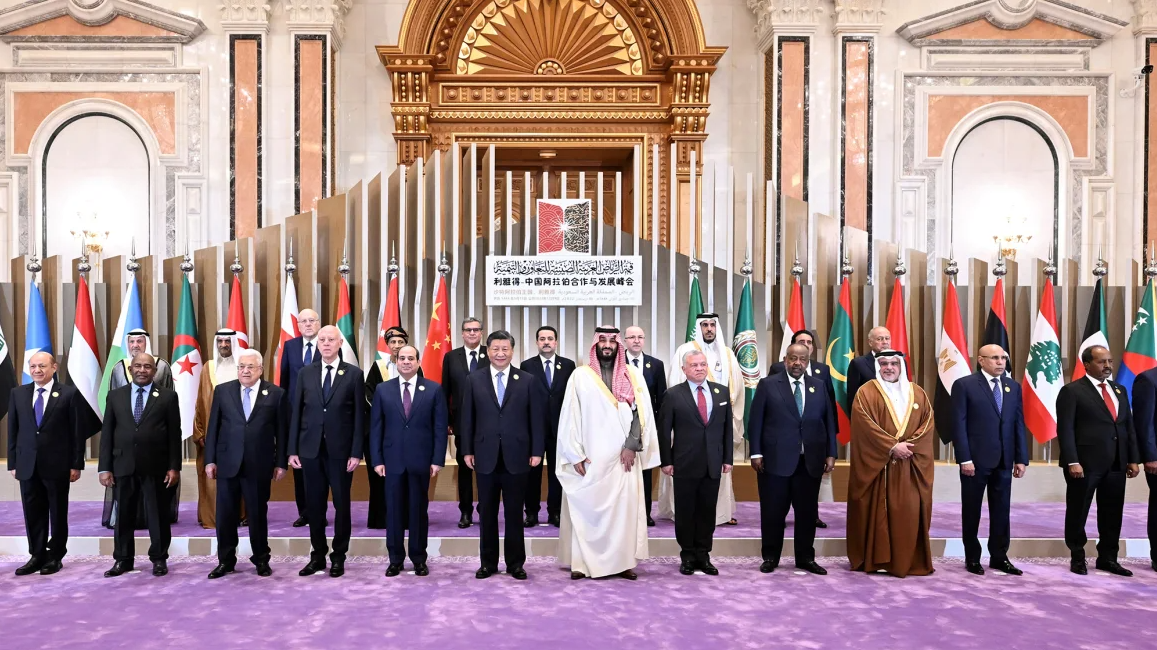
Zhou Yiqi, Associate Fellow, Center for West Asian & African Studies, Shanghai Institutes for International Studies
Oct 18, 2024
China’s efforts to mediate between various Palestinian groups is a first step toward bridging the divide between Palestine and Israel. The U.S. must also take ownership of its responsibility and similarly employ its significant influence over Israel.
Niu Xinchun, Professor, China-Arab Research Institute, Ningxia University
Sep 21, 2024
The United States plays the role of “necessary devil” in the Middle East, yet it is still valued as a key ally by Arab nations and Israel. America’s unwavering support for Israel often draws a backlash from the Arab world. However, the Arabs’ moral imperatives may clash with their strategic interests.
Ghulam Ali, Deputy Director, Hong Kong Research Center for Asian Studies
Sep 21, 2024
Saudi Arabia and the UAE are undergoing transformations in which China can play an important role. Premier Li Qiang’s visit reinforced them by focusing on trade, business, investment and diplomacy. This reflects China’s broader policy prioritizing economic cooperation over geopolitical entanglement.

Ghulam Ali, Deputy Director, Hong Kong Research Center for Asian Studies
Aug 16, 2024
The emerging defense pact with the United States, will be a decisive moment for Saudi Arabia and for broader Middle Eastern politics. Until it is ratified, the kingdom will likely strive to maintain defense partnerships with both the U.S. and China.

Wang Zhen, Professor and Deputy Director, Institute for International Relation Studies, Shanghai Academy of Social Sciences
Aug 08, 2024
Many people in the West tend to view the expansion of China’s influence in the Middle East through the lens of great power rivalry. China rejects this concept, and its diplomatic efforts have helped to prevent the escalation of regional crises.

Jin Liangxiang, Senior Research Fellow, Shanghai Institute of Int'l Studies
May 23, 2024
China is deeply intertwined with Saudi Arabia and other GCC countries. It is contributing to regional security and will be one of the major sources of the region’s future wealth. And, unlike the West, it will always respect the way of life in the region, including the dominant religion.

Zhou Yiqi, Associate Fellow, Center for West Asian & African Studies, Shanghai Institutes for International Studies
May 17, 2024
Sustainable peace in the Middle East — in particular between Israel and the Palestinians — will require meaningful change in Palestine’s status: Its sovereignty must be established and recognized. A unified push by China and the United States to that end would be an important guarantor of success.
He Wenping, Senior Research Fellow, Charhar Institute and West Asia and Africa Studies Institute of the China Academy of Social Sciences
Mar 05, 2024
The latest Palestinian-Israeli conflict has lasted four and a half months since its outbreak in October and resulted in nearly 30,000 Palestinian deaths, the destruction of nearly all infrastructure in the Gaza Strip and more than 2 million people left homeless, as well as a severe shortage of food, drinking water and medicine. The humanitarian disaster is intensifying with each passing day.
Richard Javad Heydarian, Professorial Chairholder in Geopolitics, Polytechnic University of the Philippines
Feb 26, 2024
A New Cold War is not in the interest of either the U.S. or China, particularly given the volatility in the Middle East. In fact, the two nations share common interests in the region, and the threat of widespread conflict should inspire an element of strategic sobriety and tactical cooperation.
He Wenping, Senior Research Fellow, Charhar Institute and West Asia and Africa Studies Institute of the China Academy of Social Sciences
Jan 02, 2024
The latest round of the Israel-Hamas conflict has dragged the Israeli-Palestinian issue back to center stage in the Middle East. While China played a positive role in getting Iran and Saudi Arabia to the negotiating table, the violence in Gaza could influence the election prospects of U.S. President Joe Biden and the Democratic Party.